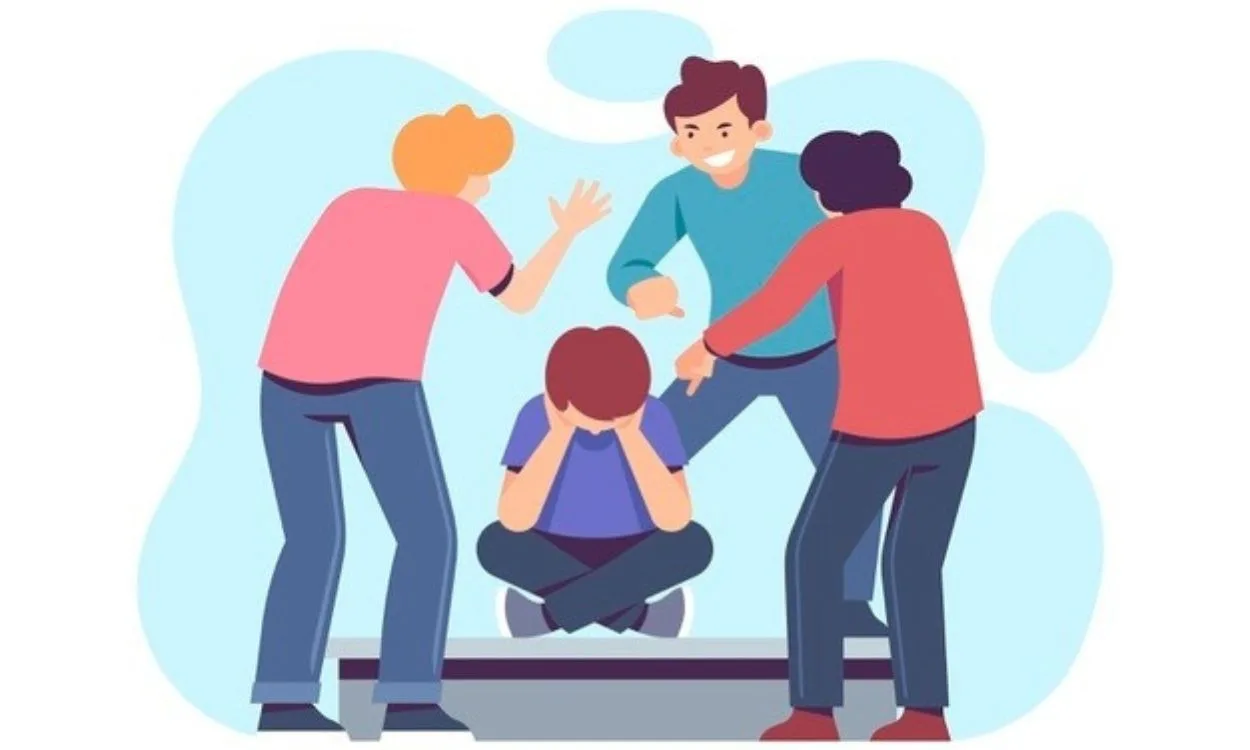How does peer pressure affect mental health?
Peer pressure is a powerful force that can significantly impact an individual’s mental health, especially among the youth. The need to fit in and conform to social norms often leads individuals to make choices and engage in behaviors that may be detrimental to their well-being. Understanding how peer pressure affects mental health is crucial in order to develop strategies to mitigate its negative impact.
Here are some ways in which peer pressure can affect mental health:
- Anxiety and stress: The fear of rejection or judgment from peers can lead to increased anxiety and stress levels. Constantly worrying about fitting in and meeting the expectations of others can take a toll on one’s mental well-being.
- Low self-esteem: Peer pressure can often make individuals feel inadequate or not good enough. The constant comparison to others and the pressure to conform to certain standards can result in low self-esteem and feelings of self-doubt.
- Depression: The negative emotions associated with peer pressure, such as loneliness, isolation, and a sense of not belonging, can contribute to the development of depression. The constant need to please others and the fear of being judged can lead to a persistent state of sadness and hopelessness.
- Substance abuse: Peer pressure is often linked to risky behaviors, such as substance abuse. The desire to fit in or be accepted by a particular social group may lead individuals to engage in drug or alcohol use, which can have detrimental effects on their mental health.
- Eating disorders: The pressure to have a certain body type or conform to societal beauty standards can contribute to the development of eating disorders. Peer pressure can influence individuals to engage in unhealthy eating habits in order to achieve a desired appearance, leading to serious mental and physical health consequences.
- Academic pressure: Peer pressure can extend to academic performance as well. The need to excel academically in order to gain approval or be seen as successful by peers can result in high levels of stress, anxiety, and burnout.
- Bullying: Peer pressure can also manifest in the form of bullying. Being subjected to bullying from peers can have severe negative effects on mental health, leading to feelings of fear, humiliation, and isolation.
It is important to note that not all peer pressure is negative. Positive peer pressure can encourage individuals to make healthy choices, engage in positive behaviors, and strive for personal growth. However, it is crucial to be able to recognize and resist negative peer pressure in order to protect one’s mental health.
How Fitpaa can help:
While peer pressure can have a significant impact on mental health, there are tools and resources available to help individuals cope and navigate through these challenges. Fitpaa, a revolutionary health and fitness app, can be a valuable resource for individuals looking to improve their mental well-being.
By providing a comprehensive and personalized approach to health and fitness, Fitpaa can empower individuals to take control of their mental health. Here’s how Fitpaa can help:
- Personalized fitness plans: Fitpaa offers personalized fitness plans tailored to the individual’s unique goals, lifestyle, and preferences. Engaging in regular exercise has been proven to boost mood, reduce stress, and improve overall mental well-being.
- Nutritional guidance: Fitpaa provides expert nutritional guidance to help individuals make healthy food choices. Proper nutrition plays a crucial role in maintaining optimal mental health and can positively impact mood and energy levels.
- Real-time guidance and motivation: Fitpaa’s real-time guidance technology incorporates concepts from cognitive behavioral therapy to provide timely nudges and keep individuals motivated and on track with their fitness goals. This can be especially helpful in resisting negative peer pressure and making choices that prioritize mental well-being.
- Community support: Fitpaa offers a supportive community where individuals can connect with like-minded individuals who are also on a journey to improve their mental health. Sharing experiences, seeking advice, and receiving encouragement from others can be instrumental in overcoming the challenges posed by peer pressure.
In conclusion, peer pressure can have a significant impact on mental health, leading to anxiety, low self-esteem, depression, and other negative outcomes. Recognizing the influence of peer pressure and having strategies in place to mitigate its effects is crucial for maintaining mental well-being. Fitpaa provides individuals with the tools, resources, and support they need to prioritize their mental health and overcome the challenges of peer pressure. Download the Fitpaa app today and take the first step towards a healthier, happier you.









